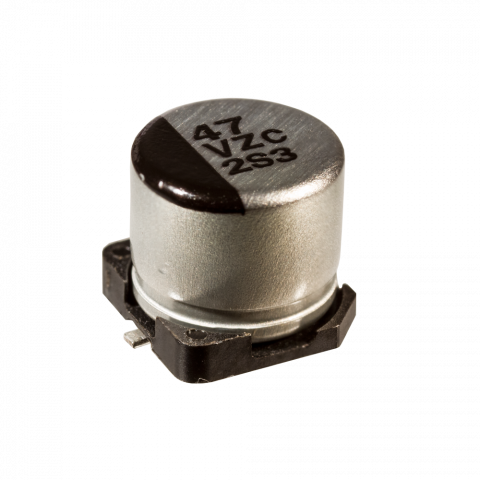![Hero image for Understanding Polymer And Hybrid Capacitors [Whitepaper]](https://assets.content.na.industrial.panasonic.com/public/styles/raw/public/2020-01/capacitor-white-paper-blog-image%20-%20480x297.png?VersionId=_3PCgvbpGtL_OUjnwwMlimR8TAPioO3b&itok=ZGYZEoTE)
Understanding Polymer And Hybrid Capacitors [Whitepaper]
Published on- Capacitors
Capacitors
Capacitors may seem simple enough, but specifying them has grown more complex in recent years. The reason why comes down to freedom of choice. The universe of Capacitors has expanded greatly over the past few years, in large part due to Capacitor designs that take advantage of advances in conductive Polymers. These advanced Capacitors sometimes use conductive Polymers to form the entire electrolyte. Or, the conductive Polymers can be used in conjunction with a liquid electrolyte in a design known as a Hybrid Capacitor.
The various Polymer and Hybrid Capacitors have distinct sweet spots in terms of their ideal voltages, frequency characteristics, environmental conditions, and other application requirements. Panasonic's latest white paper shows how to identify the best uses for each type of advanced Capacitor. The paper also highlights specific applications in which a Polymer or Hybrid Capacitor will outperform traditional Electrolytic or even Ceramic Capacitors.
Download a FREE copy of Panasonic's Polymer and Hybrid Capacity Whitepaper.










